
By Francis Ameyibor, GNA
Accra, March 3, GNA - The United Nations Women (UN Women) have declared 2020 as a year for gender equality, Ms Phumzile Mlambo-Ngcuka, Executive Director of the global entity dedicated to gender equality and the empowerment of women stated.
She said: “the benefits of gender equality are not just for women and girls, but for everyone, whose lives will be changed by a fairer world that leaves no one behind. It’s the year for what we call “Generation Equality”.
“With the leadership of civil society, we’re mobilising to realise women’s rights, and to mark 25 years of implementing the Beijing Platform for Action”.
Ms Mlambo-Ngcuka stated in a document to the Ghana News Agency in Accra on Tuesday stressing that; “Generation Equality tackles issues of women across generations, from early to late years, with young women and girls at the centre”.
The UN Women Executive Director expressed concern that even though there were progress, no country had achieved gender equality. “Our best hasn't been good enough. Challenges remain for all countries, although many of them are not insurmountable”.
Ms Mlambo-Ngcuka noted that, despite improved school enrolment, one-in-10 young women today are still unable to read and write. “This has to change in order for girls to fully own their power, take their place in the world, and play their vital role in technology and innovation.
“Another priority target for our impatience is the lack of women at the tables of power. Three-quarters of all parliamentarians in the world are men. A proven solution is to introduce legally binding quotas for women’s representation”.
The UN Women Executive Director stressed that nearly 80 countries had successfully done so and a few States had gender-balanced cabinets and explicitly feminist policies.
“This is a desirable trend that we need to see more of in both public and private sectors, where overall the proportion of women in managerial positions remains around 27 per cent, even as more women graduate from universities,” she said.
Ms Mlambo-Ngcuka said the same went for women at the peace table, where the vast majority of the negotiators and signatories were men. “We know women’s involvement brings more lasting peace agreements, but women continue to be marginalised.
“Women groups and human rights defenders face persecution, yet were ready to do more. For this they desperately need increased security, funding and resources”.
Unmoving economic inequality is a bane to gender equality as women and girls use triple the time and energy of boys and men to look after the household that costs them equal opportunities in education, in the job market and in earning power, she lamented.
“It’s a driver of repeating poverty. Young women raising families are 25 per cent more likely than men to live in extreme poverty, affecting millions of young children, with impacts that last into later life for both mother and child.
“The solution includes; good policies that promote more equality in childcare responsibilities and that provide state support to families, and those who work in the informal economy,” she said.
She said though “we are radically impatient, we are not giving up and we are hopeful. We have growing support from allies and partners who are ready to tackle barriers against gender equality.
“Lessons learnt in the last 25 years have shown us what is needed to accelerate action for equality. Generation Equality is one of our answers and together, we are that generation”.
GNA
Read Full Story

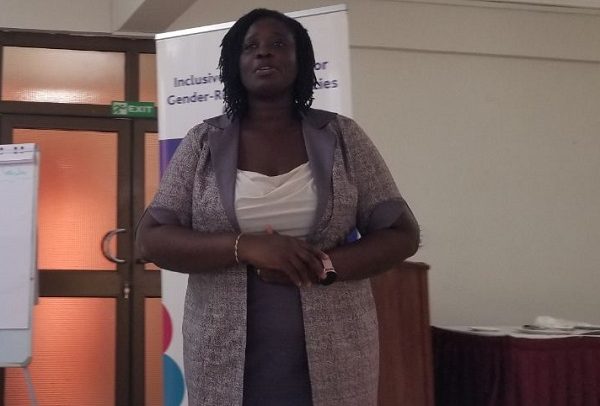
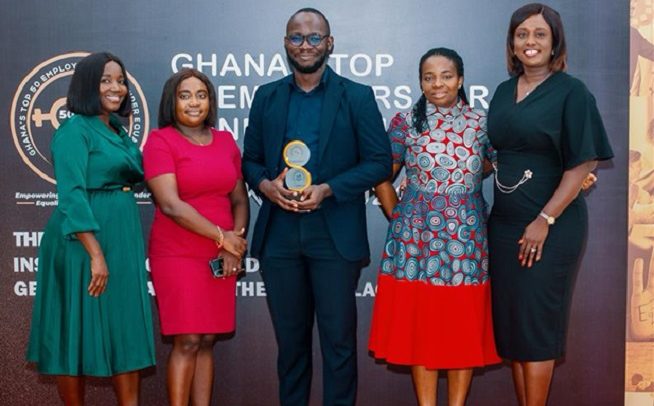
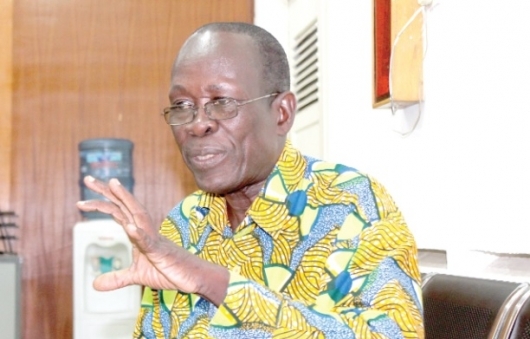
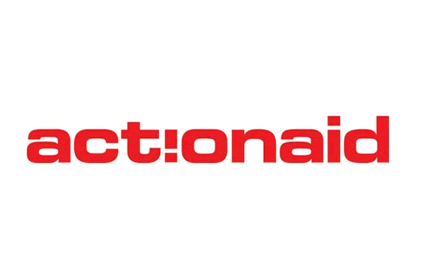
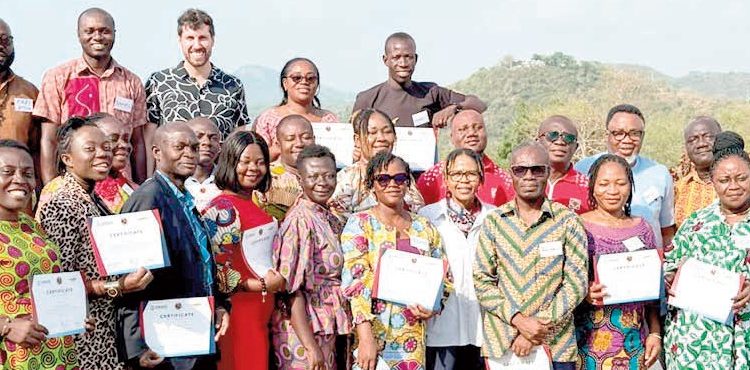

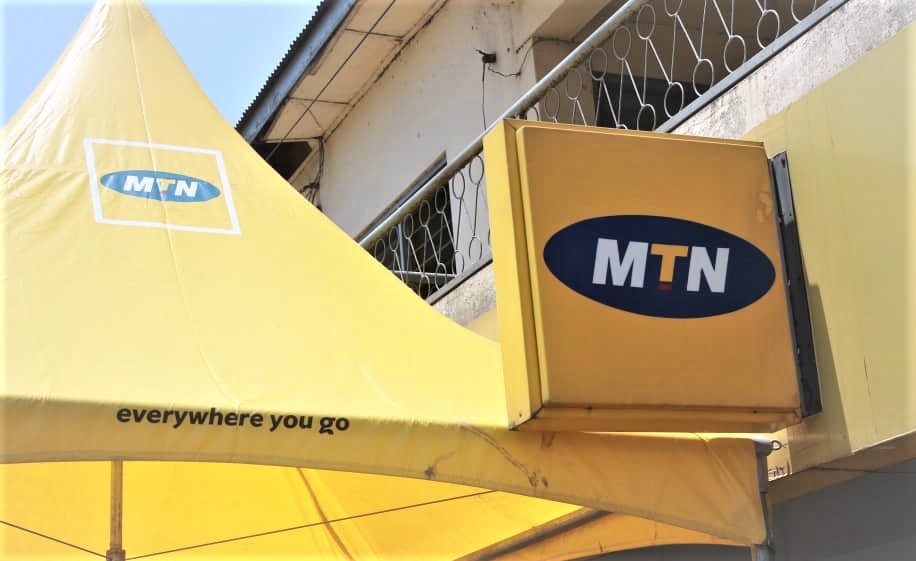




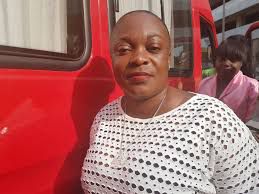
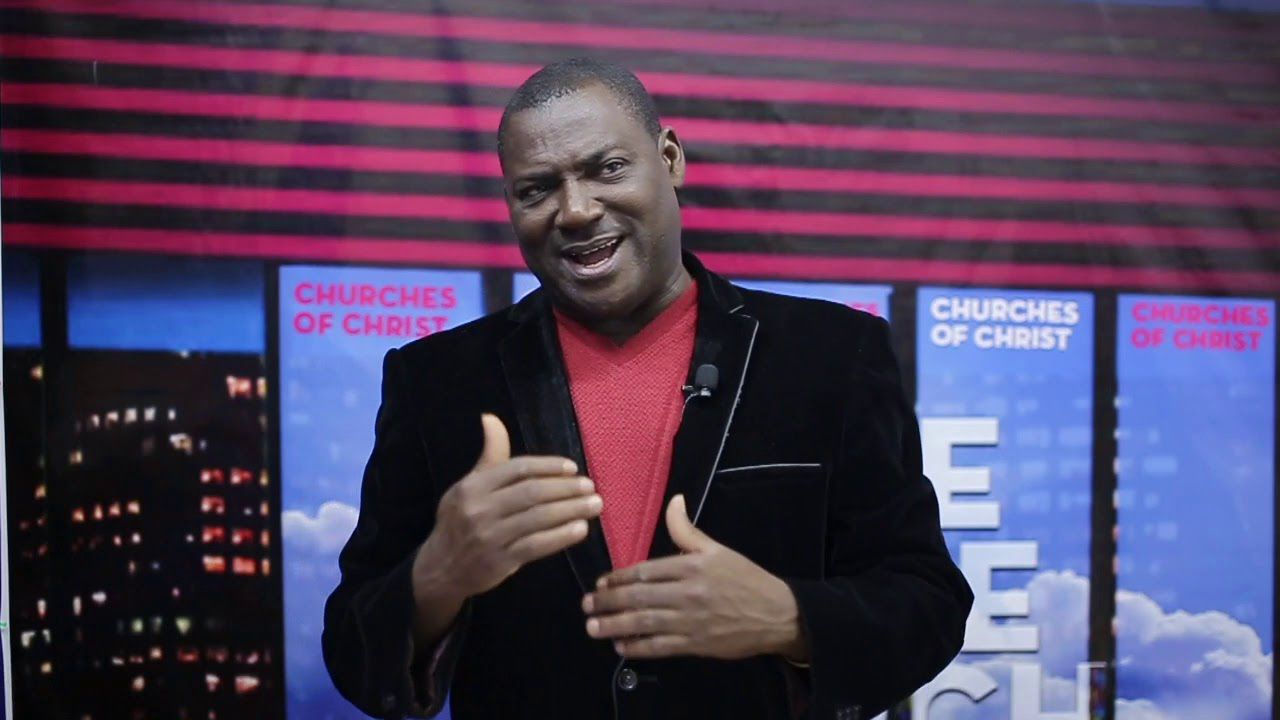
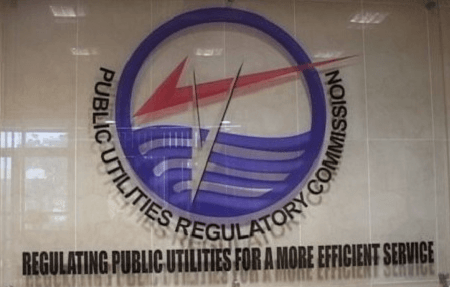


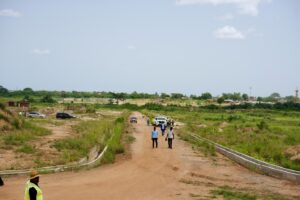

Facebook
Twitter
Pinterest
Instagram
Google+
YouTube
LinkedIn
RSS